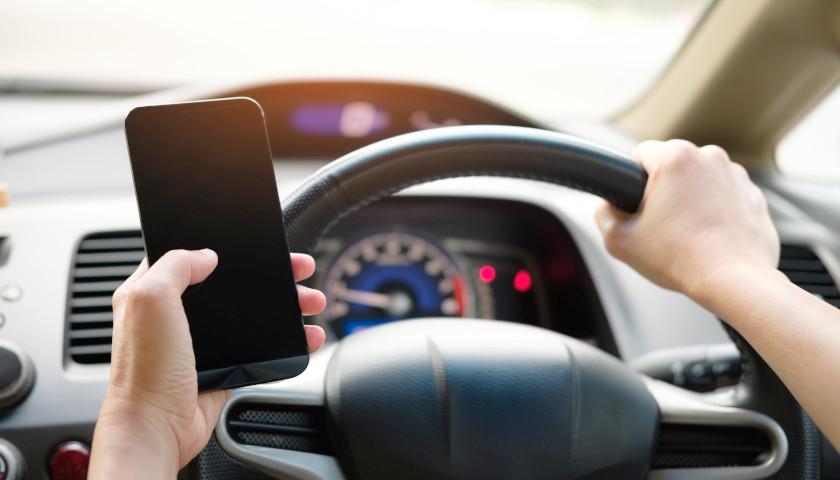by Lauren Jessop
A recent report says Pennsylvania’s distracted driving laws lag behind other states when it comes to preventing crashes.
And, there’s at least one proposal on the table that could improve that ranking and make roads safer.
WhistleOut compared distracted driving laws by state and awarded the commonwealth a grade of “D” because it has only one of the three laws they use as criteria – bans on using handheld devices, young drivers using cell phones, and texting.
In Pennsylvania, texting while driving is an offense that incurs a $50 fine. However, there is no law banning the use of cell phones and other devices for other reasons. Sen. Rosemary Brown, R-Scotrun, says this makes enforcement difficult since police officers don’t know if you’re texting.
Brown is the prime sponsor of Senate Bill 37, a proposal that would prohibit the use of handheld communication devices while operating a motor vehicle in the state. Using GPS would still be allowed, but drivers must “have two hands on the wheel, two eyes on the road, and their mind at task as much as possible.”
It’s an issue Brown said she first became passionate about 10 years ago while serving as a state representative.
She told The Center Square she became invested in the legislation through discussions with a mother who lost her 21-year-old son in 2010 when a distracted truck driver crossed over a highway divider and hit him in a head-on collision.
“The best cell phone use is no cell phone use, but we understand that’s not a reality right now,” Brown said.
“We can save lives by changing behaviors,” she said, adding the legislation would encourage the use of hands-free technology by imposing stricter deterrents, similar to our DUI laws. There is also a provision directing law enforcement to issue warnings for violations during the first 12 months following the signing of the bill.
The bill has advanced to the House Transportation Committee where Brown said its chair, Rep. Ed Neilson, D-Philadelphia, is supportive of it, as is the governor.
Preventing it from getting over the finish line concerns an amendment regarding data collection and discrimination in traffic stops that applies to all traffic stops, not just this legislation. While Brown wants to see that done, she feels it could be worked on separately. Attaching it to this legislation “is holding back the bill from saving lives,” she said.
PennDOT data shows there were 80 fatalities attributed to distracted driving crashes in 2022 – up from 60 in 2021. However, Brown notes those numbers may not be accurate because people do not always admit being on their cell phone when a crash occurs.
“For too long, Pennsylvania has stood alone by virtue of its failure to protect its citizens by passing a ‘hands-free’ law,” said Joel Feldman, president of the Casey Feldman Foundation, during an interview with The Center Square. “Every single state that borders Pennsylvania has done so resulting in reductions in crashes, injuries, and deaths.”
Feldman became an advocate for distraction-free driving after his 21-year-old daughter was killed in 2009. As part of its campaign, End Distracted Driving, the foundation provides presentations and resources to schools free of charge and produces PSAs for use by traffic safety and health care professionals across the country.
“My daughter was killed by a distracted driver,” Feldman said. “It is our children who are most impacted by distracted driving crashes. As parents, wouldn’t we do anything to keep our children safe? Making Pennsylvania ‘hands-free’ will serve that purpose.”
According to WhistleOut, no state has laws fully enforcing all three categories. The 21 states, plus Washington, D.C, that received an “A” have a handheld and texting ban and a partial young driver cell phone ban.
Montana is the only state that received an “F” with no laws or bans in place.
– – –
Lauren Jessop is a contributor to The Center Square.




